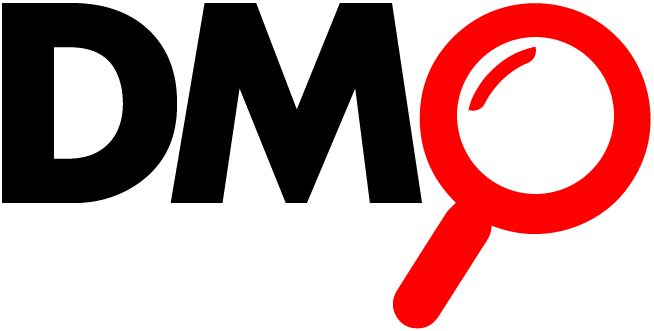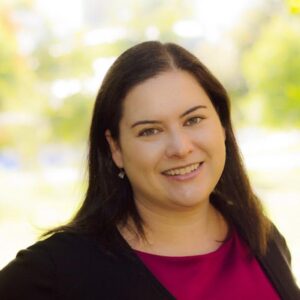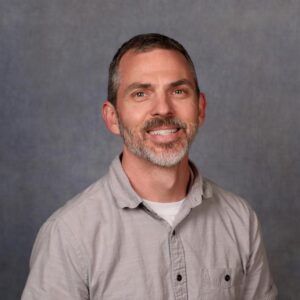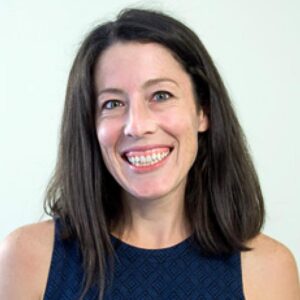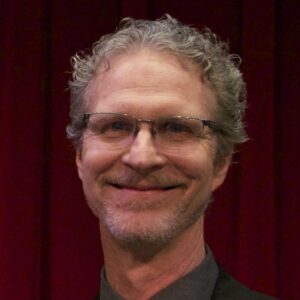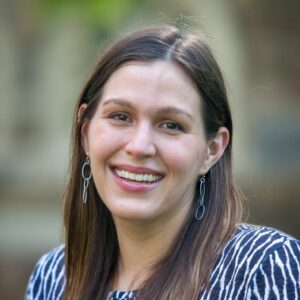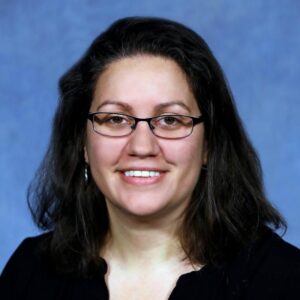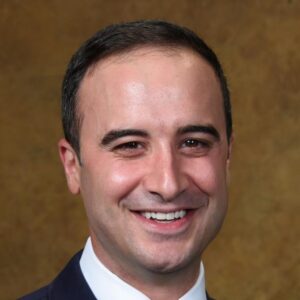Episodes 9-15
In Spring of 2020, the Davidson Microaggressions Project published a guest blog co-written by two members of the Student Government Association’s Academics Committee, Julia Bauer and Wren Healy, on the topic of anonymous grading as one concrete strategy that professors can implement to combat bias and support disenfranchised students in their classes.
As Julia and Wren explain in their blog, “One often overlooked piece of this larger discussion around grades at Davidson is the process by which they are assigned. In Fall 2019, we, as members of the SGA Academics Committee, decided to take a closer look at grading practices as a whole, with a special focus on inclusivity and the reduction of bias in the classroom. We discovered several Davidson faculty members within the Biology, Political Science, and Religious Studies departments, among others, already working towards more inclusive pedagogy. Beyond Davidson, we’ve identified extensive research underscoring the importance of anonymous grading in those efforts.”
As an extension of the blog post, the DMP students collaborated with Julia and Wren to co-host of a series of podcast interviews with Davidson professors whose pedagogical practices include anonymous grading. We asked all of the 7 professors in this podcast series the following set of questions:
- Can you tell us about the content and structure (lecture style, discussion-based, etc.) of your classes? How do your classes relate to your research interests?
- When were you first introduced to anonymous grading?
- How have you implemented anonymous grading in your teaching?
- Have you encountered any practical challenges with implementation? Please tell us about it.
- Have you noticed any benefits related to anonymous grading regarding the reduction of bias in the classroom? Have you encountered any drawbacks to anonymous grading? Please tell us about it.
- Have you had any experiences with students that have validated or caused you to reconsider your implementation of anonymous grading? Please tell us about it.
- How does anonymous grading, as one specific practice, relate to diversity, inclusion, and equity issues that are concerns at Davidson even more so in recent years?
- How have the conversations among faculty on campus evolved regarding the importance of inclusive teaching practices?
Feel free to browse through each of the podcasts linked below to learn more about how and why anonymous grading is a practice these professors highly recommend!
Dr. Laura Sockol, Assistant Professor of Psychology
I teach courses in abnormal psychology, research methods in clinical psychology, and a capstone seminar for senior psychology majors.
Dr. Kevin Smith, Associate Professor of Biology
My teaching at Davidson focuses on general biology, conservation biology, and data analysis.
Dr. Michelle Kuchera, Assistant Professor of Physics
I am a computational physicist with interests in machine learning, nuclear physics, and algorithm development for data analysis.
Dr. Trent Foley, Professor of Religious Studies
At Davidson for 30 years, I have taught courses in the history of Christian thought, with particular emphasis on Christianity in late antiquity and the early medieval period.
Dr. Melody Crowder-Meyer, Assistant Professor of Political Science
I teach courses on American political behavior and identity, including courses on public opinion, media, gender and race in American politics.
Dr. Susana Wadgymar, Assistant Professor of Biology
I am an evolutionary ecologist who studies the processes that promote or constrain adaptive evolution in plant systems, often in the context of informing conservation management plans.
Dr. Besir Ceka, Associate Professor of Political Science
I teach courses in international relations and comparative politics with a particular focus on European politics.
Dr. Andrew O’Geen, Associate Professor of Political Science
I teach courses in American politics including: Introduction to American Politics, Political Institutions, and The Presidency and courses on law and the American judiciary including: Constitutional Law, Civil Liberties, and a seminar entitled The Politics of the U.S. Supreme Court.
